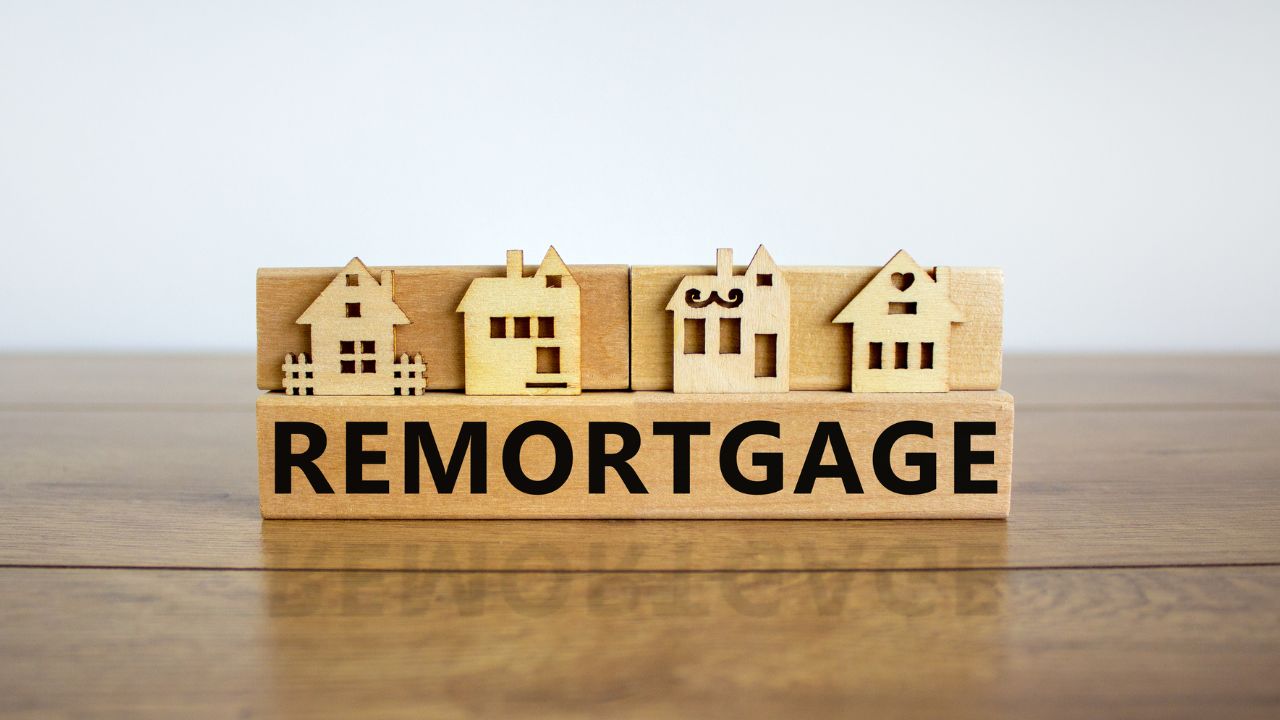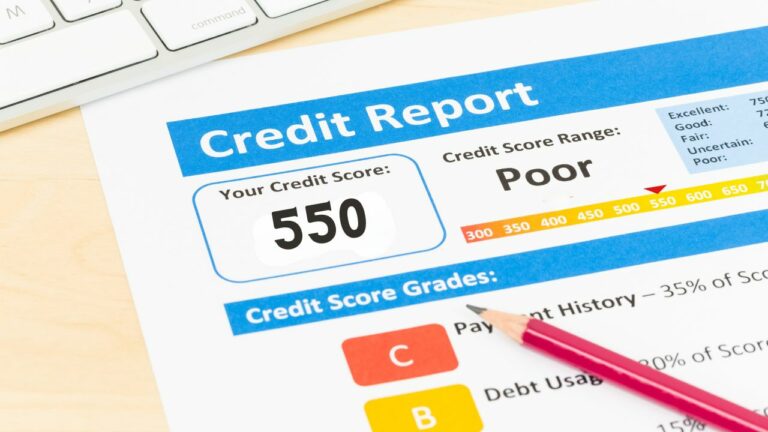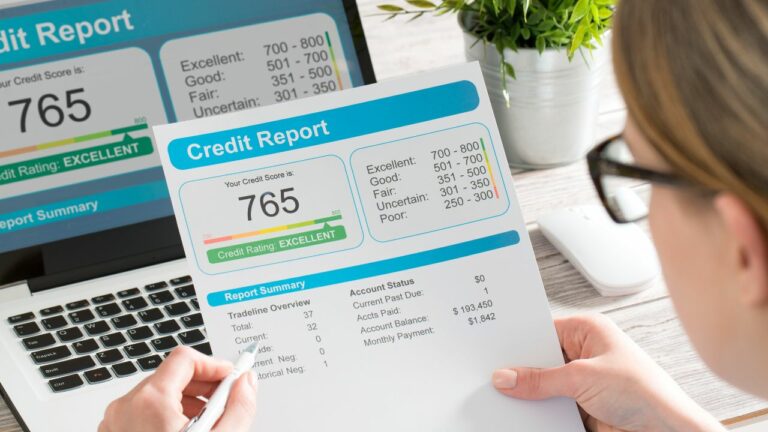Can I Remortgage My House If I Own It?
The world of mortgages can be complex, and one common misconception is that remortgage is only for those who currently have a mortgage. However, the truth is that if you own your house outright, you can still explore the option of remortgage.
In this article, we’ll explore the process, eligibility criteria, and the various aspects to consider when remortgaging a house you already own.
Whether you’re looking to access your home’s equity for investments, renovations, or other financial goals, this guide will provide the insights you need to make an informed decision.
Can I Remortgage My House If I Own It?
Yes, you can remortgage your house even if you own it.
While the term “remortgage” may imply that an existing mortgage needs to be replaced with a new one, it applies to homeowners who don’t currently have any loan against their property as well.
The process of remortgaging is similar regardless of whether or not you have an existing mortgage on your home, and it mainly involves refinancing the value of your home with a new lender.
That said, the specifics of how to remortgage can differ for those who already own their property outright.
How Can I Remortgage My House If I Own It?

Remortgaging your house is fairly straightforward, but there are a few steps you will need to take.
Firstly, you will need to find the right lender for your situation. You can do this by shopping around and comparing interest rates and fees from different providers.
Once you have found the right lender, you will need to submit your application and provide all of the necessary documents.
This includes proof of income, a credit report, and an appraisal of your property. If you are approved for the loan, you will then sign the paperwork and close on the new mortgage.
What Do You Need When Remortgaging A House You Own
When remortgaging your house, there are a few things you should consider. You will need to ensure that the new loan is at a better interest rate than your current mortgage and that it provides you with additional benefits such as lower fees or better repayment terms.
You should also factor in any costs associated with closing on the new loan, such as legal fees or appraisal costs.
In addition, you should check if there are any early repayment charges associated with the new mortgage and read through all of the terms and conditions carefully before signing any documents.
Eligibility To Remortgage A House You Own
In order to be eligible for a remortgage, you will need to meet certain criteria. This includes having a good credit score, a steady income, and enough equity in your home. You should also be able to demonstrate that you are able to make the monthly payments on time.
Important factors typically include:
- Creditworthiness: Your credit score plays a significant role in securing favourable terms. A strong credit history increases your chances of approval.
- Income: Lenders want to ensure you can handle the new mortgage payments. A stable income is a positive indicator.
- Property Value: The current market value of your home is a critical factor. Lenders use this value to calculate the loan-to-value (LTV) ratio.
- Equity: The equity you’ve built in your home is another key consideration. A higher equity amount can lead to more favourable remortgage terms.
Is Getting an Unencumbered Mortgage Hard?
Unencumbered properties are completely mortgage-free, with no charges, restrictions, or secured loans against them.
Getting an unencumbered mortgage can be difficult if you don’t have a good credit score or enough equity in your home. However, it is not impossible and there are lenders who specialize in providing loans to individuals with less-than-perfect credit scores or low equity.
It is important to remember that any lender you choose will still need to check your financial situation before they approve the loan.
So, if you do decide to get an unencumbered mortgage, you should make sure that everything is in order and that you can prove your ability to repay the loan.
Why would someone remortgage a house they own?

There are many reasons why someone might want to remortgage their home. One common reason is to get a better rate on their current loan. By taking out a new loan with a lower interest rate, you could save yourself money in the long run.
Another reason why someone might remortgage is to free up some cash. By taking out a larger mortgage, you can use the extra money for other investments or expenses.
Finally, some people may choose to remortgage their home to get rid of an existing second mortgage. This could help them reduce their debt and save money on interest payments in the long run.
Pros and Cons of Getting a Loan on a Home You Already Own
Remortgaging your home can be a great way to save yourself some money, but it is important to consider the pros and cons before making any decisions.
Pros:
- Access to Equity: Remortgaging provides a source of funds that can help you achieve various financial goals.
- Lower Interest Rates: If interest rates are lower than when you initially purchased your home, remortgage can potentially lead to reduced monthly payments.
- Diversification: Investing the released equity in other assets can diversify your investment portfolio.
- Access to Unsecured Loans: Some lenders may offer unsecured personal loans in addition to remortgage options.
Cons:
- Increased Debt: Remortgaging means taking on more debt, which could lead to higher monthly payments and increased overall debt levels. Remortgaging typically involves associated fees and charges, such as application costs and legal fees.
- Interest Costs: Over the life of the new mortgage, you may pay more in interest, especially if you extend the loan term.
- Risk: There’s a risk associated with investing in the released equity. Investments can fluctuate in value, and there are no guarantees of returns. Additionally, if you cannot make repayments, your home could be at risk.
- Impact on Credit Score: Refinancing your existing loan could potentially have an adverse impact on your credit score.
Conclusion
Remortgaging is a great option for many homeowners, but it’s important to consider all the associated risks and costs before making any decisions. It can provide access to more funds, better rates, and even unsecured loans in some cases.
However, taking on additional debt could lead to higher monthly payments and increased overall debt levels. Ultimately, it’s important to weigh the pros and cons of remortgaging before moving forward.








